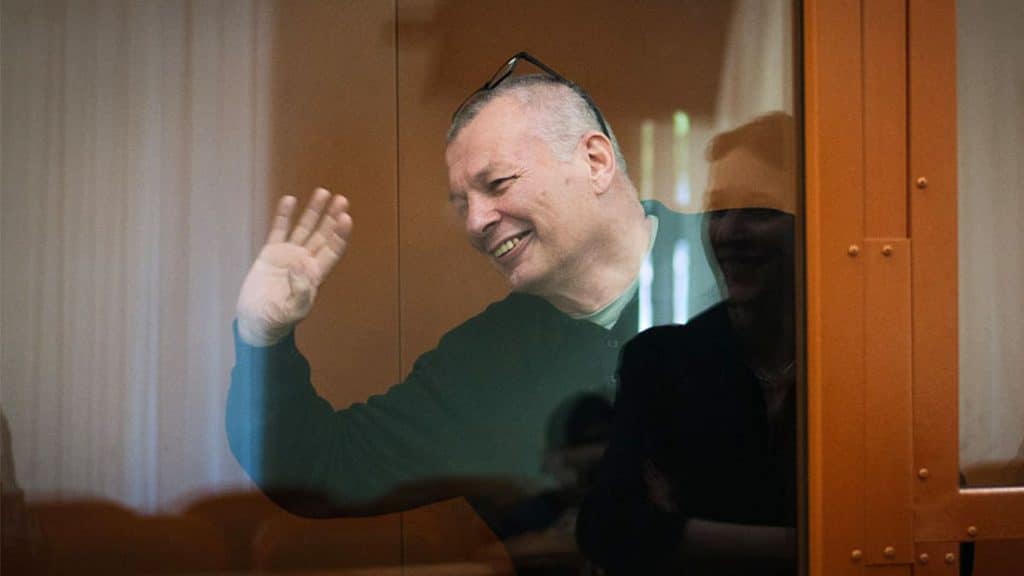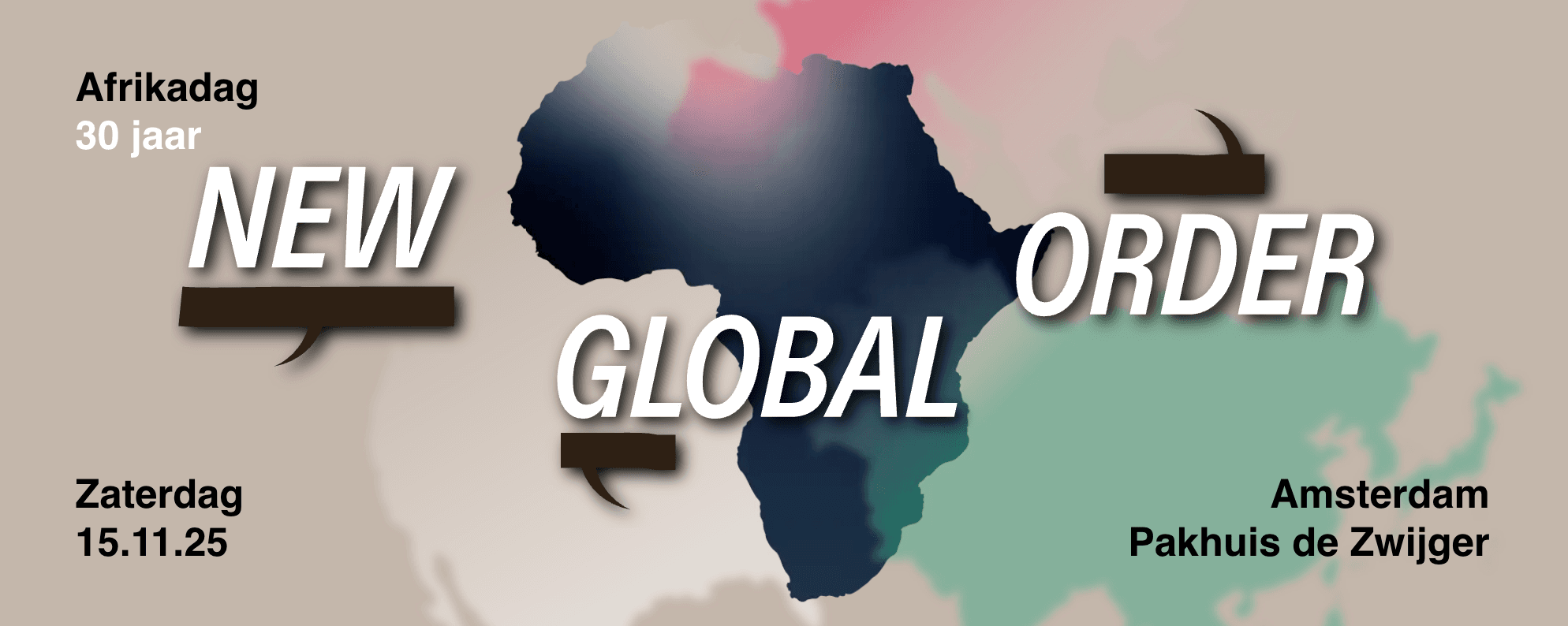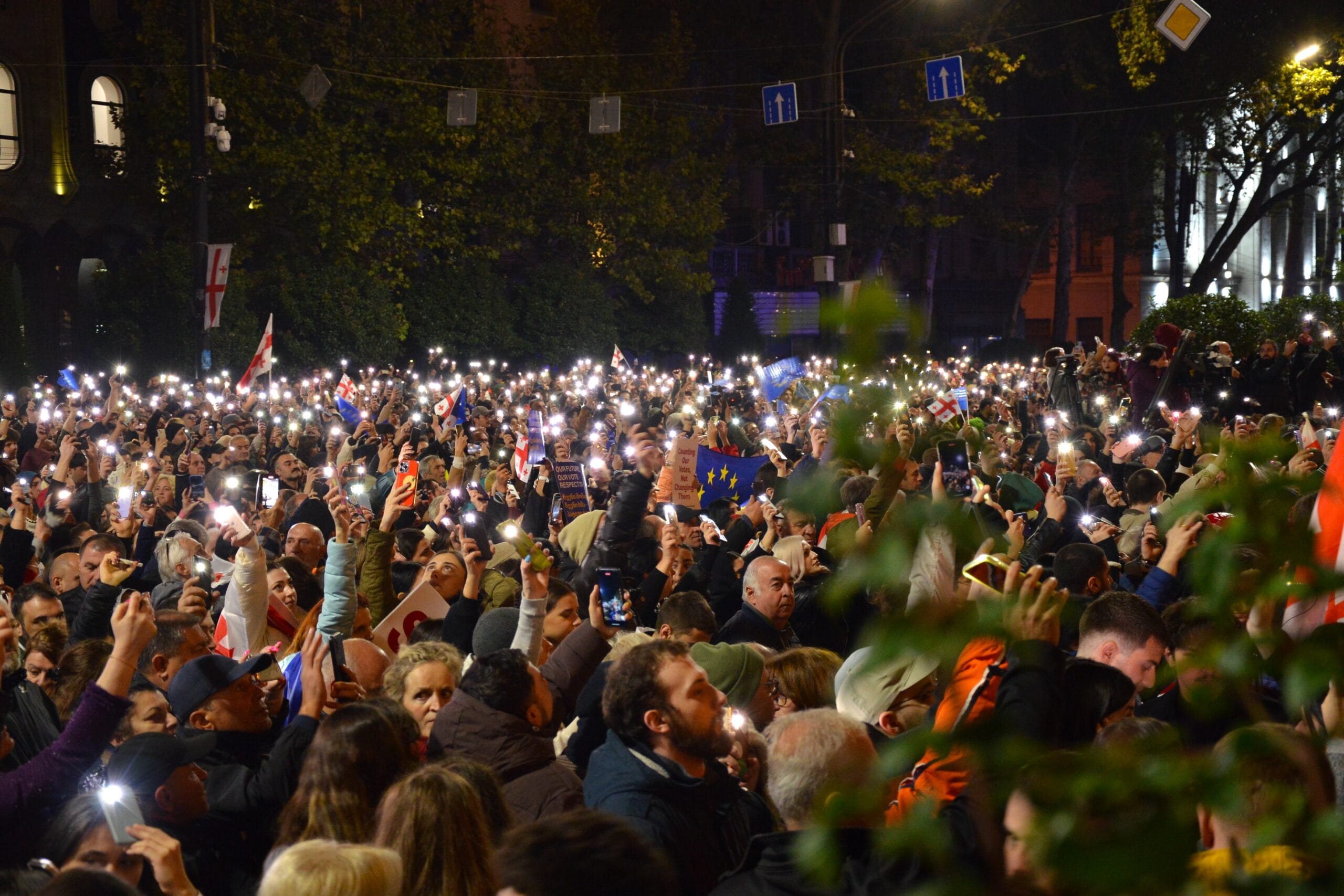Mikhail Krieger during an interrogation (Source: Antonina Favorskaya / Sota / Moscow Times)
A Russian-Ukrainian anti-war activist recounts his life behind bars in his correspondence. For two posts on social media, he was sentenced to seven years in a penal camp.
Miсhail Krieger was born in 1960 in Dniepropetrovsk - present-day Dnipro - in Ukraine's Soviet Republic. Among other things, he worked as a railway worker on the Baykal-Amur line where he met his future wife Vera. After the collapse of the Soviet Union, the couple set up their own excavation company in Moscow. In recent years, Mikhail Krieger switched to supplying food to the catering industry as a self-employed person. After the outbreak of Russia's invasion of Ukraine, Krieger drew the ire of the Kremlin by protesting against the war. To condemn him, old posts on his social media were scoured.
Arrest
On 3 November 2022, in central Moscow - near a restaurant where he was delivering food - Mikhail Krieger is stopped and assaulted by policemen in disguise. He is taken to his home, which is searched. The officers then deport him to a prison. On 17 May 2023, the Russian Ukrainian is sentenced to seven years in camp for "justifying terrorism and calling for the assassination of the President of Russia".
The first part of the sentence refers to Krieger's approval of a suicide attack by an anarchist on an FSB secret service office in Archangelsk. The second part of his conviction is based on a message on social media Krieger had written in 2019: 'Friends, those who warned me about excessive debauchery I would like to thank warmly for their concern. But I have said far too much anyway. And I do not hide from anyone my fierce hatred of the regime, the secret services and Putin. Believe me, if I will still be alive by the time that dirty KGB bastard is hanged I will do everything I can to be allowed to take part in that glorious event.'
Last word
During his last word in court, Mikhail Krieger said: 'I openly dreamt about hanging Mr Putin. And in this context, I have a question. Why should I wish him good health and a long life, when for at least nine years now our fellow citizens and my glorious fellow Ukrainians - who once chose the path of freedom and a normal human life - have had to perish due to his fault? From the very beginning, since the spring of 2014, I was - and still am - convinced that the annexation of Crimea and those so-called people's republics of Donetsk and Lugansk are nothing but Putin's hidden aggression that the Ukrainians have not been able to forgive the 2014 Majdan victory.'
Mikhail Krieger is now interned in penal camp number 5 in Orjol district 140 kilometres from the Ukrainian border. As a 64-year-old, he no longer has to work there. To pass the time, he visits the sewing workshop at the camp's training centre. 'I can already handle the sewing machine a bit. But working I don't plan to. The rest of the time I read or play chess. There are some good chess players here. The equipment is all right. Our chess set comes from the factory and is not homemade like the one in prison. Sometimes - if I can overcome my laziness - I do a bit of sport,' the human rights activist said in one of his letters.
Metamorphosis
Krieger's wife Vera graduated as a university librarian. She played an active role in democratic organisations in her native Moscow from the late 1980s. Under her influence, Mikhail Krieger - who was initially a convinced communist as an uneducated worker - underwent a radical metamorphosis. In 1991, the couple, along with other Muscovites, stood in front of the White House to defend it against the coup by KGB, army and communist hardliners.
His wife dies of cancer in 2002 at the age of 50. In the years after her death, Krieger supports refugees and shelters homeless people. He actively participates in actions of the democratic opposition. Here he gets to know the late opposition leader Boris Nemtsov and corruption fighter Aleksey Navalny personally. He writes: 'I know Nemtsov very well, I worked closely with him. As for Navalny, often I disagreed with what he did. Now that already doesn't matter. Navalny chose a heroic path and died a hero's death. How he fought his battle when he was alive no longer matters.'
Change
In the camp, the entrepreneur married his girlfriend Aisha Astamirova last year so she has the right to visit him. 'I am allowed visits from close relatives once every three months. One of them I have already had. A cassation complaint is still pending, but I don't expect anything from it. My views have not changed during my detention. I still think I was wrongly convicted. I hope I may yet live to see this injustice officially admitted and that those who called themselves judges will change places with me.'




